Brazil is the largest country in South America with a population of over 200 million. The country has experienced significant political upheaval in recent decades, from military rule in the 1960s and 1970s to the impeachment of President Dilma Rousseff in 2016. The political landscape of Brazil has been shaped by a number of factors, including its history of colonization, political instability, and social inequality. In this post, we will provide an overview of Brazil’s political history, the challenges and opportunities facing the country’s democratic institutions today, and the impact of politics on the economy and the population.
Table of Content
ToggleHistorical View
Brazil was colonized by the Portuguese in the 16th century and was ruled by a monarchy until it gained independence in 1822. The country had a brief period of democracy in the early 20th century, but this was followed by a period of authoritarian rule that lasted from 1930 to 1945. In 1964, a military coup took place and the country was ruled by a military government until 1985.
During the military regime, Brazil experienced significant economic growth, but also significant human rights abuses, including torture, disappearances, and censorship. The government’s economic policies focused on modernizing the country and expanding its infrastructure, but this was done at the expense of social programs and the rights of workers.
Transition to Democracy
In the 1980s, Brazil began its transition to democracy, with a new constitution being adopted in 1988. The country has since held several democratic elections, but the political landscape remains complex and there are ongoing challenges to the country’s democratic institutions.
One of the challenges facing Brazil’s democracy is corruption. Brazil has a long history of corruption, with many politicians and business leaders being implicated in bribery and embezzlement scandals. This has eroded public trust in the political system and contributed to widespread disillusionment among the population.
System
Brazil’s government is a federal presidential representative democratic republic, meaning that power is divided between the national government and the states, and the president is both the head of state and the head of government. The president is elected to a four-year term and can serve up to two terms. The national legislature is composed of a 513-member Chamber of Deputies and an 81-member Senate.
Impact on the Economy and Population
Politics has had a significant impact on Brazil’s economy and population. The country has one of the largest and most diverse economies in the world, with a GDP of $2.5 trillion in 2021. However, economic growth has been uneven and many Brazilians continue to live in poverty. The government’s economic policies have also been a source of controversy, with some arguing that they have benefited the wealthy at the expense of the poor.
In addition to economic challenges, Brazil has also struggled with crime and violence. The country has one of the highest murder rates in the world and is also a major transit point for drug trafficking. The government has attempted to address these issues through a combination of law enforcement and social programs, but progress has been slow.
Public Perception
Public perception of Brazil’s politicians and political system is mixed. Many Brazilians are disillusioned with the country’s political leaders and feel that they are out of touch with the needs of the population. This has contributed to a rise in populism and anti-establishment sentiment in recent years.
Achievements
Despite the challenges facing Brazil’s political landscape, there have been some notable achievements in recent years. The country has made progress in reducing poverty and inequality, with the poverty rate falling from 24.7% in 2012 to 21.1% in 2020. Brazil has also played a key role in international affairs, with its leaders being involved in global efforts to address climate change and promote sustainable development.
Another notable achievement is the implementation of social programs, such as Bolsa Família, which provides cash transfers to low-income families. The program has been credited with reducing poverty and promoting education and health outcomes among vulnerable populations.
Challenges
Despite these achievements, there are still significant challenges facing Brazil’s political landscape. Corruption remains a major issue, with high-profile scandals involving politicians and business leaders continuing to make headlines. This has eroded public trust in the political system and contributed to widespread disillusionment among the population.
Another challenge is the country’s social inequality. Although Brazil has made progress in reducing poverty, there is still significant inequality in terms of income, access to education, and healthcare outcomes. This has contributed to social unrest and a sense of frustration among many Brazilians.
The government of President Jair Bolsonaro has also faced significant criticism for its handling of the COVID-19 pandemic. The government’s response has been characterized by a lack of coordination and a disregard for public health measures, which has contributed to a high death toll and significant economic disruption.
Conclusion:
In conclusion, Brazil’s political landscape has been shaped by a complex history and ongoing challenges. The transition to democracy in the 1980s was an important milestone, but corruption, social inequality, and crime continue to be major issues facing the country. Despite these challenges, there have been some notable achievements, including the reduction of poverty and the implementation of social programs.
Moving forward, Brazil will need to continue to address these challenges and work towards strengthening its democratic institutions. This will require a commitment to transparency, accountability, and the rule of law, as well as a willingness to address the underlying social and economic factors that contribute to political instability. Only through a sustained effort to promote democracy and inclusivity can Brazil reach its full potential as a regional leader and global player.

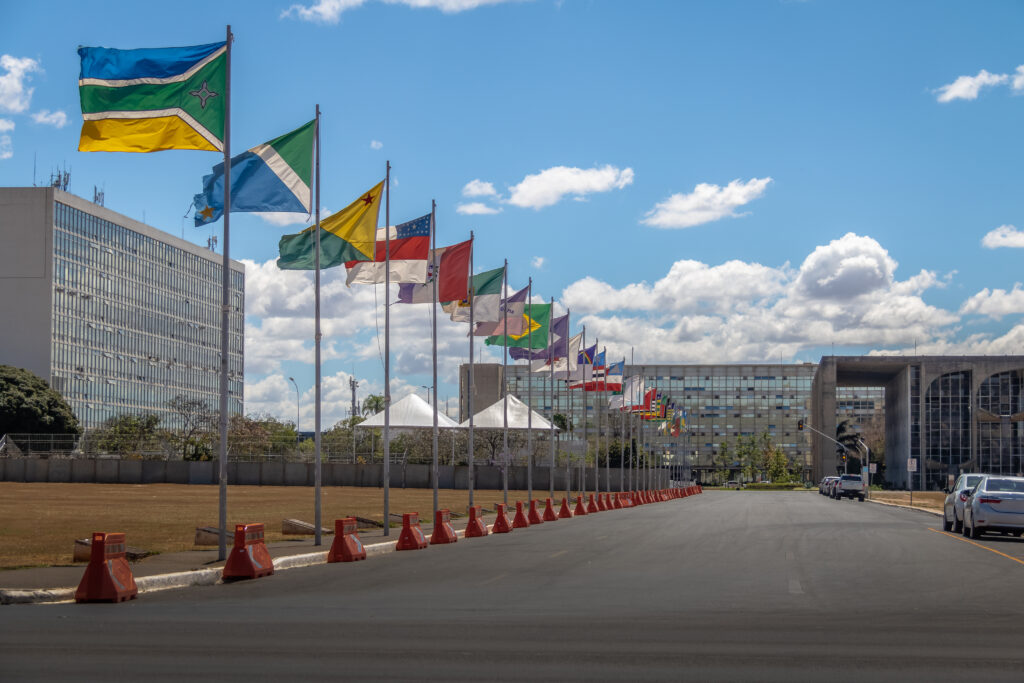
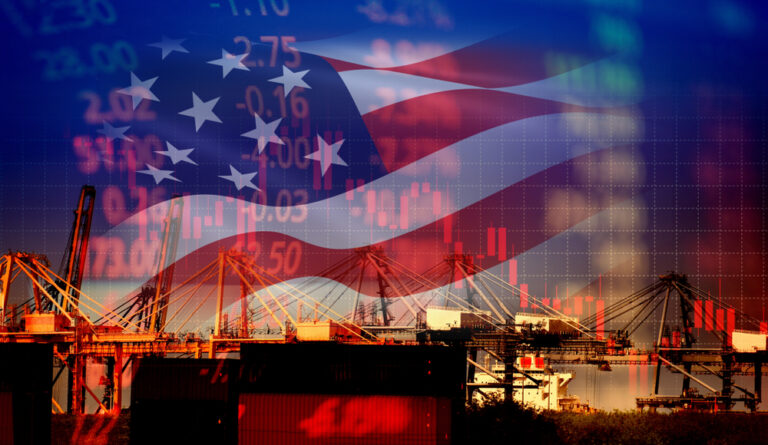
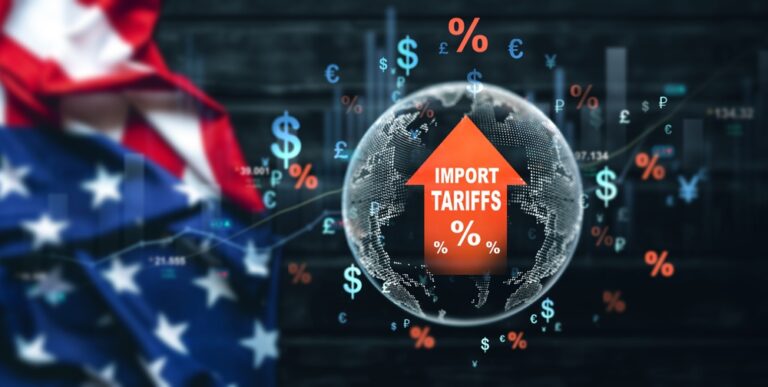
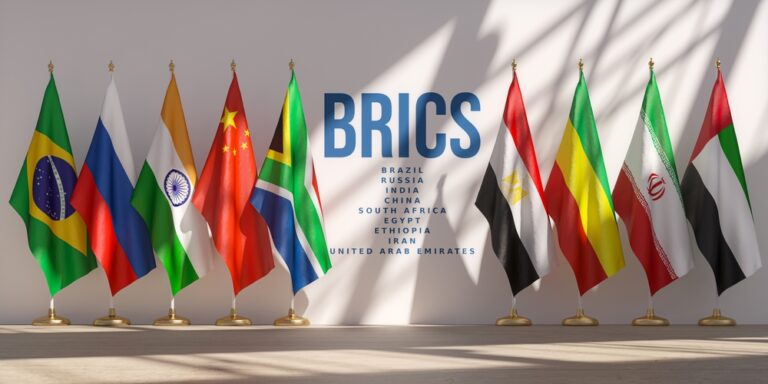

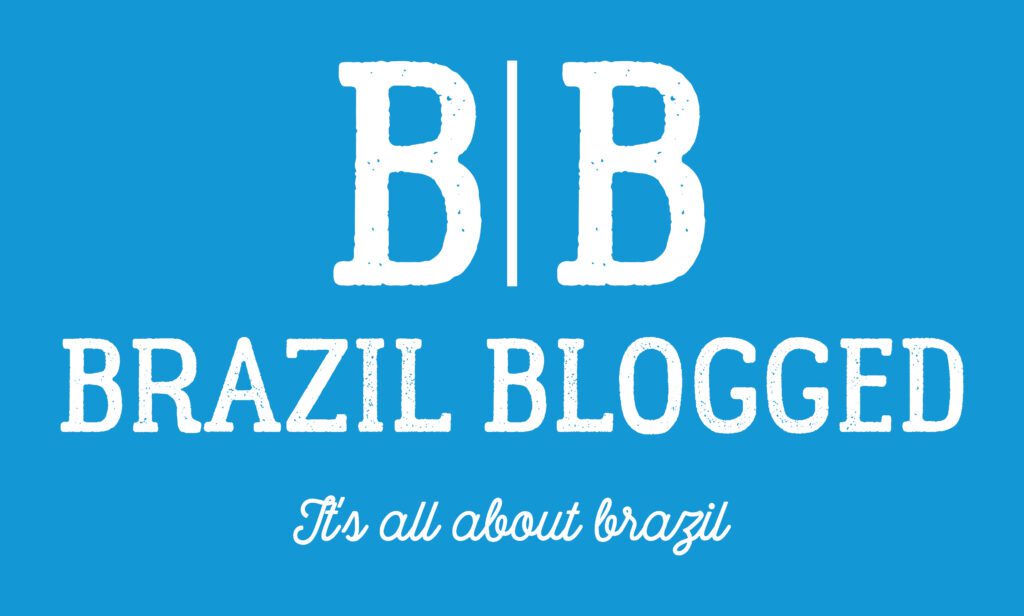


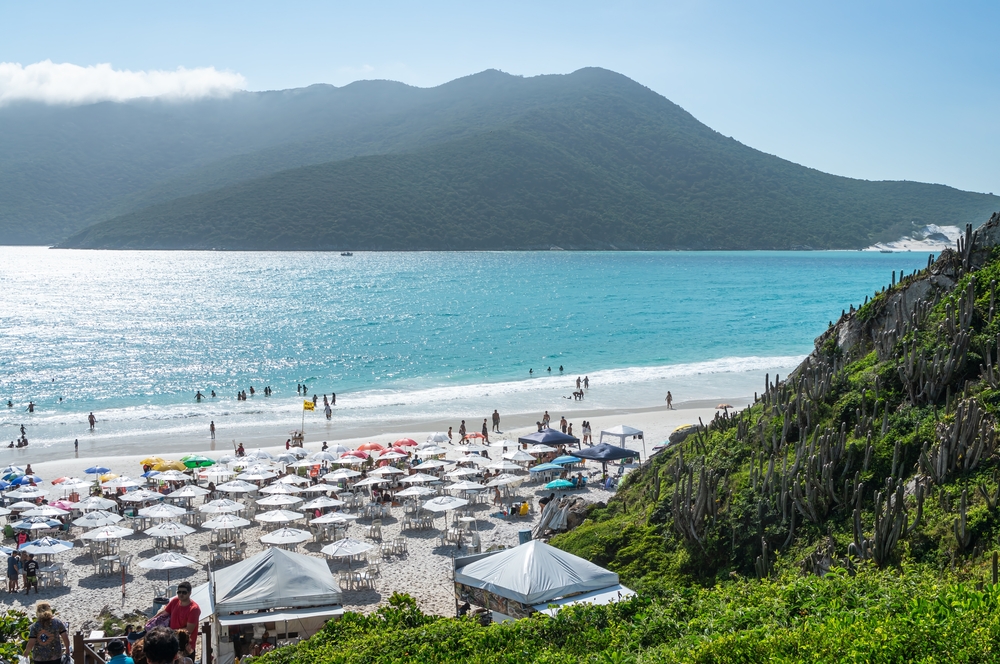

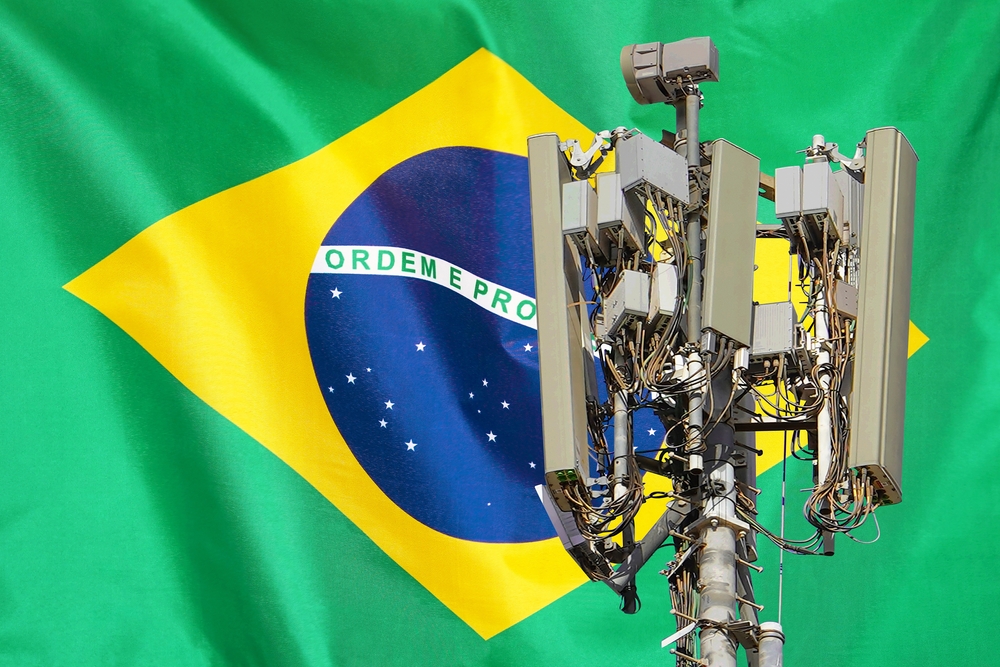
6 Responses